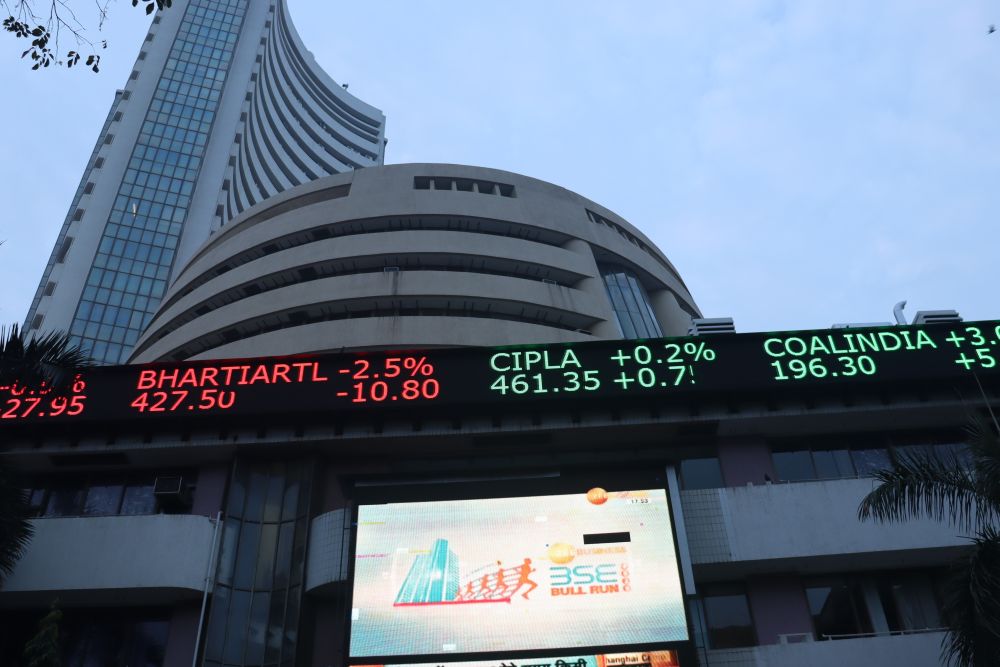.jpg) |
|
What skills does an analyst need to become a portfolio manager? No doubt this question is something that is in the back of most analysts' minds. It popped back into my mind at the CFA Institute China Investment Conference earlier this month in Shanghai.
"Even if you are an excellent financial analyst, this alone is insufficient to make you a successful fund manager," Dato' Cheah Cheng Hye, chairman and co-chief investment officer of Value Partners, an asset management firm headquartered in Hong Kong, said at the conference. He went on to talk about the seven steps aspiring portfolio managers must learn to master. Starting out as a financial journalist in Hong Kong in the 1970s, he later joined the asset management industry as an analyst and eventually co-founded Value Partners in the 1990s.
Having worked both as an analyst and a portfolio manager myself, I found this list (which I paraphrased below) rather handy.
1. Originating ideas. Where does a portfolio manager start in his quest to beat the market? Fresh ideas.
There are more than 7,000 listed companies in the world, and a portfolio manager needs to know where to look. Cheah prefers to look beyond the index and the obvious, especially the ones shopped around by sell-side analysts. Admittedly, this could be hard in such cases as the internet bubble period in the US and the policy-driven market in China. Looking in the right direction, however, has strategic importance in achieving the objective of adding alpha as well as improving manager efficiency.
My take-away: Adding value starts from idea generation, the first step in the investment process. This point is particularly important for value managers, who by default invest in companies that the market shies away from.
2. Conducting research. Research is not the exclusive realm of research analysts -- far from it.
Cheah believes that managers need to be able to shorten the list from a few thousand companies to a few hundred. These companies are then ranked and analyzed. He focuses on finding the right business run by the right people that can be bought at the right price. As a value manager, Cheah adopts a bottom-up approach to research, building up knowledge about a firm from bits and pieces, in addition to analyzing financial statements to get a holistic understanding.
Analysts and managers often perform fundamental analysis on these companies together to assess their potentials. The difference, in my opinion, is that managers are responsible for the ranking and analysis process and ensure that the investment philosophy is consistently carried out. Value managers usually place more emphasis on such valuation variables as intrinsic value arrived at using discount cash flow models or price multiples, whereas growth managers tend to put more weight on sales and profit growth, pricing power, and market share, etc.
My take-away: Consistent investment results depend on discipline and not on serendipity. How to rank the short-listed companies clearly reflects a manager's investment philosophy.
3. Making decisions.
Cheah thinks decision making is tough. Investors are often better at investigating investment opportunities than making investment decisions because they are afraid of making mistakes that they'll regret. (Behavioural finance lessons, anyone?) It is critical, however, for a portfolio manager to be able to pull the trigger when presented with a killer opportunity.
Making decisions is also hard because it requires that we project into the future based on past facts. As much as we may hope otherwise, there is no way of knowing for sure whether any of our projections will turn out to be accurate. Nobel Laureate Myron Scholes and I discussed this very subject recently and we concluded: "It's what makes investing fun." Maybe so for the gifted few?
Even the talented complain that investing is a lonely business. The decision to buy or not to buy often comes down to gut feeling and is often a close call, as many seasoned and successful investment managers have told me over the years.
My take-away: Decision-making authority is the single most important distinction between an analyst and a portfolio manager. The talented are particularly good at pulling the trigger although the instinct does not come easy, even to them.
4. Structuring transactions. There are many ways of investing in a company. Buying shares in the open market is only one of them.
Cheah emphasizes that portfolio managers need to invest in ways that benefit investors the most. Given the firm's size and the liquidity of some Asian markets, this is not surprising. Although open markets remain the benchmark, buying directly from the company, where possible, could make more sense. A manager needs to familiarize herself with the intricacies of these transactions, including accounting, legal, and tax implications.
My take-away: Portfolio managers need to have a total return perspective to investing. This is particularly important if you are managing an outsized portfolio or invest in alternatives.
5. Executing transactions. A portfolio manager also needs to work with traders and ensure that ideas become investments.
Traders are ultimately responsible for trading. Portfolio managers, however, need to have an appreciation for how their investment decision may affect the market. In my days as a portfolio manager, our traders were early pioneers in breaking trades into smaller ones and executing them on electronic trading platforms to minimize price impact. Trading techniques and technologies have progressed by leaps and bounds over the last decade. Electronic trading has become prevalent and is no longer considered an edge. Still, not keeping up with the industry can cost investors dearly, not to mention may introduce trading errors.
My take-away: Trading remains an area that affects portfolio performance and cannot be ignored.
6. Maintaining investments.
Adding an investment to the portfolio is not the end of the story. Cheah emphasizes that portfolio managers need to continue paying attention to portfolio companies once initial investments are made. This is a continuation of the research process.
I was struck by his choice of words. "Maintain" has much richer meanings than "monitor" which feels a bit cold-hearted, distant, or at least matter of fact. To maintain is to show affection and care, which is the right attitude for portfolio managers to take toward their investments.
My take-away: Maintain, not monitor, your investments.
7. Exiting investments.
Conventional wisdom seems to hold that exiting an investment is almost more important than entering one. And it could be right.
Chuck McQuaid, chief investment officer at Columbia Wanger Management, once joked, "We have two [exit strategies]: selling too high and selling too low." Cheah made the same point in a more plain-spoken way: When it comes to selling, whether at a profit or loss, portfolio managers need to make a quick decision and get it done.
If portfolio managers hesitate when they exit positions, they often run the risk of letting small losses balloon into major headaches. Similarly, if portfolio managers do not lock in profits when they should, it could be equally damaging to their performance.
My take-away: Don't be afraid of selling too high or too low. Exit quickly once you've made the decision, especially when cutting losses.
This list of seven steps is obviously not rocket science. For me, it served as a handy refresher.
Larry Cao is the director of content at CFA Institute









